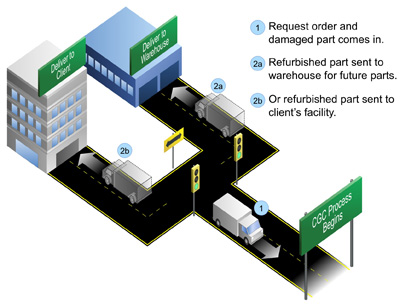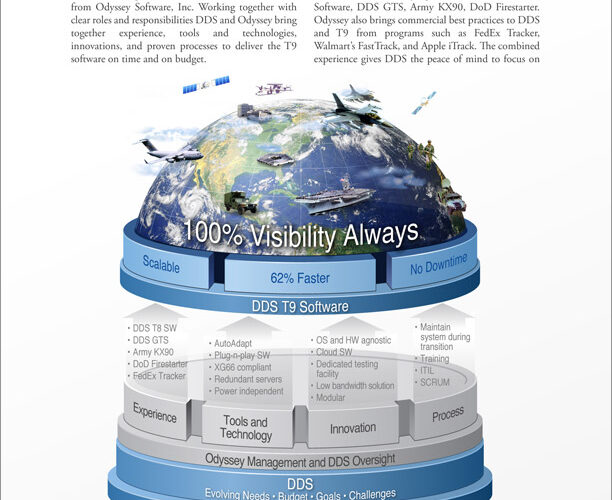The Problem First, I want to define ConOps for those readers unfamiliar with the term:…
I have supported and reviewed over 1,000 proposals, and I have learned to quickly identify a winning proposal. All successful proposals are infused with a singular element that ensures it eclipses the competition. Before I share the winning piece to the puzzle, I want to explain how I discovered it.
Over the last 18 years, I came to the conclusion that trust is the closest thing to a silver bullet in proposals. Customers buy from people and solution providers they trust. Assuming there is more than one trusted solution provider competing for the same opportunity, how do you stand out and win? In the 2015 fall issue of the APMP NCA Executive Summary, I shared five methodologies to rise to the top:
- Do the unexpected. Content isn’t king, contrast is. Humans pay attention to that which is different.
- Focus on your unique strength(s). What is it about your company that is unique, superior, or special?
- Make it easy to review. Highlight the benefits of your solution. Connect the dots between your solution and the customer’s goals.
- Keep it simple. Most proposal solutions are complex, but our explanation doesn’t have to be. Einstein said, “If you can’t explain it simply, you don’t understand it well enough.”
- Prove it. Most proposals fail to prove their assertions. Back up your statements with evidence.
Each of these approaches differentiates your proposal, but there is a higher level with an element that ties everything together. It’s an observable factor almost impossible to fake: passion.
Like trust, passion is felt. Like trust, there are no specific evaluation criteria in any commercial or government proposal but both are critical success factors. Behavioral Psychologists agree that most of our decisions are based on intuitive judgment and emotions. Herbert A. Simon, Nobel Prize winning scholar at the Carnegie Mellon Institute in Pittsburgh, studied corporate decision-making and found that people often ignored formal decision-making models because of time constraints, incomplete information, the inability to calculate consequences, and other variables. Intuitive judgment was the process for most decisions. Neurologist Antonio Damasio studied research on patients with damaged ventromedial frontal cortices of the brain, which impaired their ability to feel but left their ability to think analytically intact. Damasio discovered that the patients were unable to make rational decisions even though their ability to reason was fully functional. He concluded that reasoning “depends, to a considerable extent, on a continual ability to experience feelings.”
Proposals need to align the solution with evaluation factors; prove there is a self-sustaining, repeatable process supported by knowledge management; demonstrate the ability to manage change; provide relevant experience and past performance; have the right people in place; be compliant; and provide a competitive price. However, winning proposals include the extra essence of passion. The solution provider’s passion for the subject must saturate every sentence, story, and fact. Sentences should have a clarity that originates from a deep understanding born from years of failing forward. Include stories that cast customers as the heroes. Give facts and data that prove performance is measured in an effort to constantly control and improve the outcomes.
Passion is almost impossible to fake because it manifests years before the RFP is released. It infuses what a company does for a particular solution. Be aware that passion is blindingly obvious when talking with the solution provider but is sometimes lost when writing a proposal. Team with passionate SMEs and solution providers and follow the five methodologies in this article to help you stand out and win more proposals.


